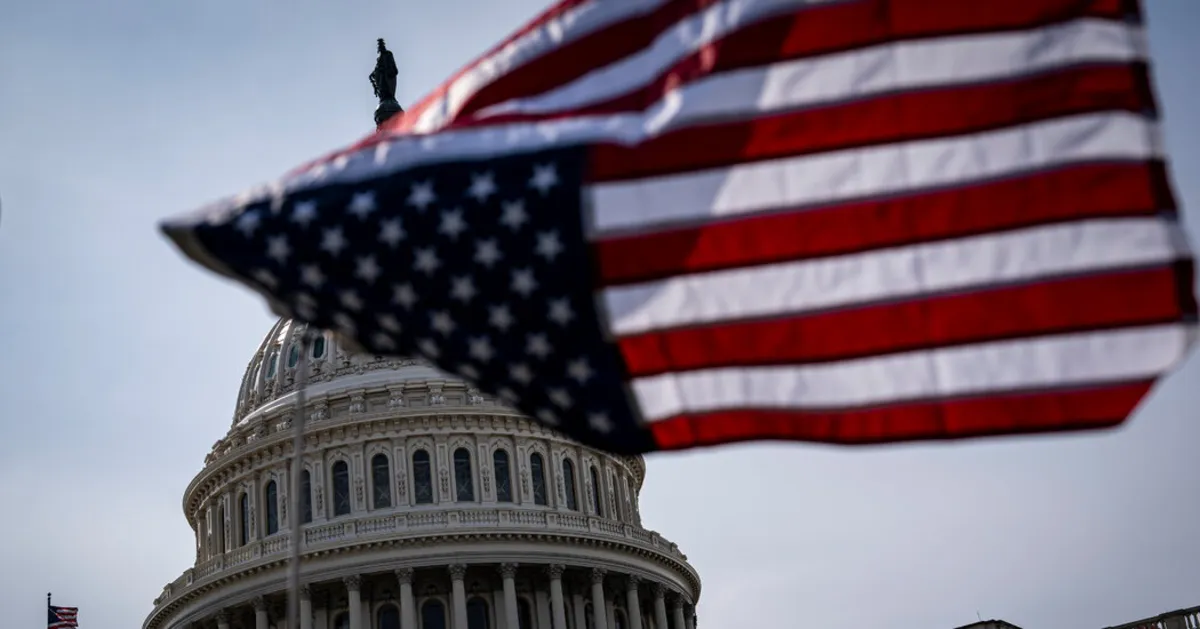
As global investors assess the ongoing impact of President Trump’s trade war, volatility has returned to the financial markets. Concerns are mounting regarding America’s precarious fiscal situation as congressional Republicans work on a significant spending bill that could potentially add $3.3 trillion to the national deficit over the next decade. With House Republicans holding a slim majority, a vote on the floor is anticipated this week, but its outcome remains uncertain.
President Trump is making a strategic visit to Capitol Hill on Tuesday, aiming to rally lawmakers in support of the critical legislation that underpins his promised tax cuts. Investors are increasingly wary of the fiscal risks associated with adding to the federal deficit, which has led to unusual fluctuations in what is typically a stable market for U.S. government debt.
On Monday, the market experienced a rapid sell-off of 30-year Treasury bonds, resulting in yields soaring to their highest levels since 2023. This sell-off followed Moody’s recent downgrade of America’s triple-A credit rating. However, by Tuesday, the 30-year Treasury yield stabilized at 4.93 percent. Market analysts are beginning to identify a pattern in these movements, noting that foreign investors seem to be pulling back from U.S. assets, including the dollar as well as Treasury notes and bonds.
The trend of “sell America” has been revitalized since the onset of Trump’s tariff policies, with recent signs indicating an acceleration of this behavior as a vote on the Republican tax-and-spending bill approaches. Jim Reid, a strategist at Deutsche Bank, observed that Monday’s market swings might reflect a broader trend of international investors divesting from U.S. Treasuries, while domestic investors appear to be increasing their holdings.
Torsten Slok, the chief economist at Apollo Global Management, echoes similar sentiments regarding the market’s trajectory. Wall Street is closely monitoring the bond market, as C.E.O.s, economists, and Federal Reserve officials have long expressed concerns about the sustainability of America’s fiscal policies. They warn that an escalating fiscal deficit could lead to higher borrowing costs for both households and businesses, in addition to eroding the value of U.S. assets such as government bonds.
As the market navigates this period of uncertainty, the implications of these developments will be closely watched by investors, policymakers, and economic analysts alike.